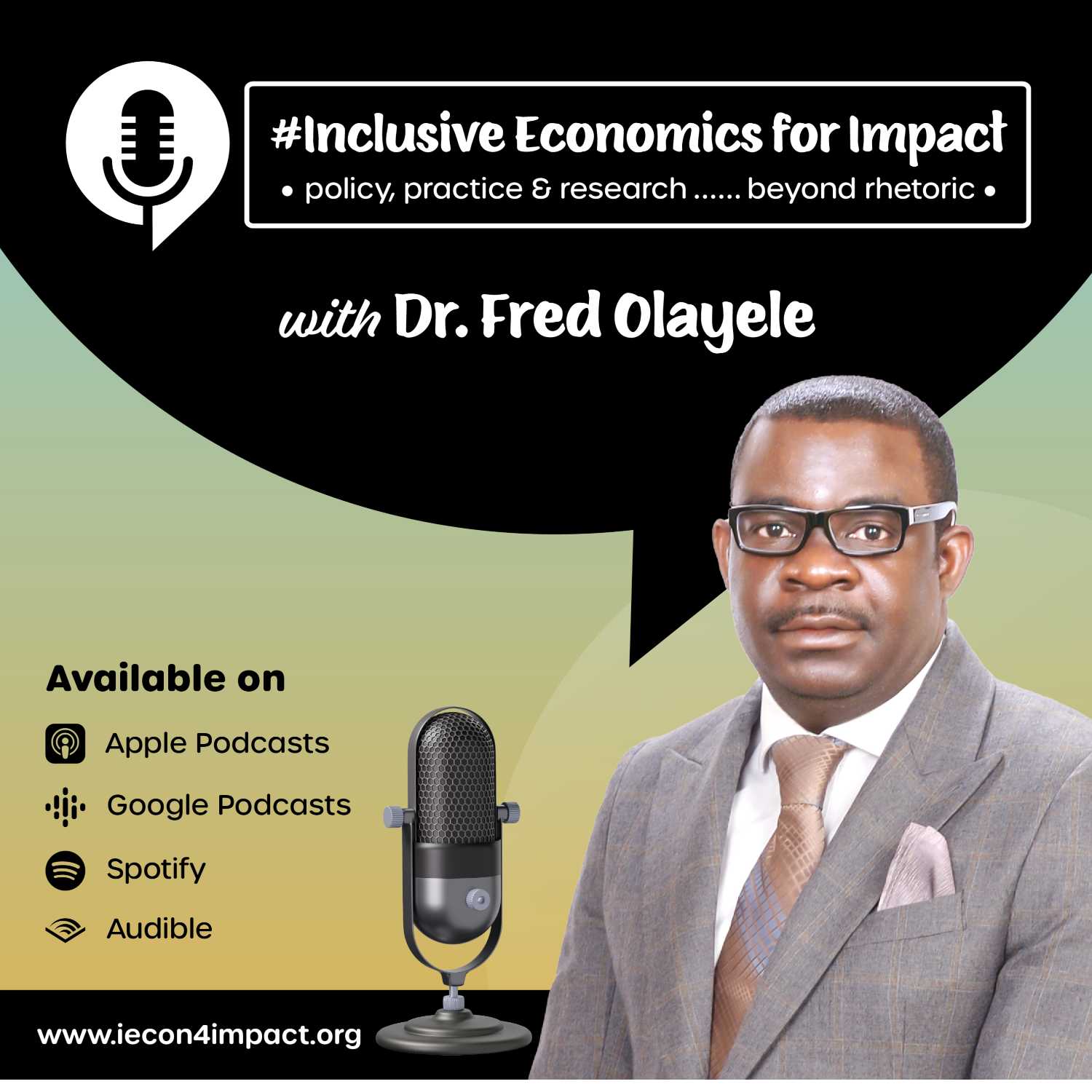DEI Modeling for Policymaking
Description
Both in the context of forecasting and comparing different policy options, economic models are indispensable tools for policymakers. Forecasting is a difficult, inexact science. Nonetheless, policymakers need information on future economic trends before making policy choices. While economic modeling is not a sine qua non for all policy decisions – given that big-picture predictions followed by dynamic adjustments may suffice – the use of forecasting models confers the benefit of presenting systematic and scientific arguments. From complex infrastructure projects and social justice to public health and climate change, the increasingly complex nature of society means policy questions are becoming more difficult to address. While neoclassical economics remains the workhorse of policy analysis and the public policy development process, like most systems, the economy is in a state of flux. As such, the unfolding patterns and ongoing renewal in the economy and society must be accounted for. This has implications for diversity, equity, and inclusion (DEI) economic modeling for policymaking.
More Episodes
The digital revolution is radically changing the global payment landscape. Even before the COVID-19 pandemic, the digitization of the global economy was gaining steam. Innovation is a major driver of trade, financial integration, investment, knowledge transfer, and development. This underscores...
Published 07/18/22
Published 07/18/22
Traditionally, ESG issues have not been of primary concern to investors. However, the proliferation in technological innovations over the last decade and the global backlash against globalization, international migration, and other neoliberal economic policies –among other factors – have resulted...
Published 06/29/22


